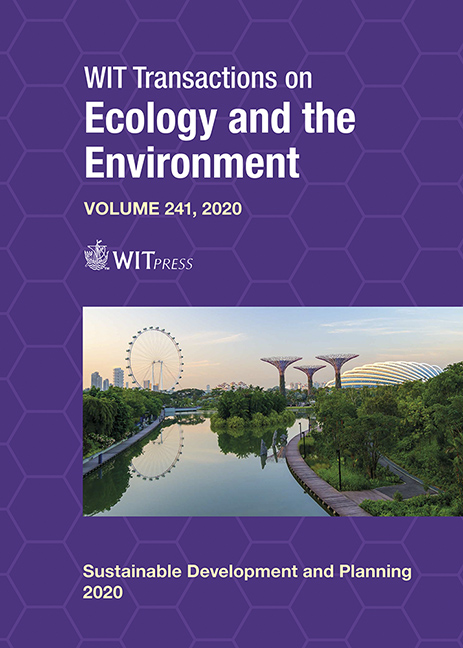ROLE OF PUBLIC PARTICIPATION IN HERITAGE TOURISM DEVELOPMENT IN EGYPT: A CASE STUDY OF FUWAH CITY
Price
Free (open access)
Transaction
Volume
241
Pages
17
Page Range
27 - 43
Published
2020
Paper DOI
10.2495/SDP200031
Copyright
WIT Press
Author(s)
SALWA M. ELADWAY, YOUSRI A. AZZAM, KHALID S. AL-HAGLA
Abstract
Heritage tourism is an effective force in supporting local community development, especially in areas with cumulative legacy. Indigenous people play an essential role in the success of heritage tourism. The indigenous awareness of the mechanisms and contexts of heritage tourism are, therefore, vital in order to support such activity. This dual role that indigenous people play – being part of tourism potentials and, at the same time, as part of a local community – adds another dimension to their participation complexity. This paper, therefore, investigates the role of indigenous people, and their special potential in supporting heritage tourism in areas with distinctive cultures. It builds an argument concerning the special potential of the local community development and the role of local people. Furthermore, the paper reviews literature, which is related to multi facet indigenous roles in this development process. In addition, it draws a framework to indigenous roles and participation approaches along this process. The paper uses these theoretical understandings to analysis the case of Fuwah city in Egypt. This city stands as the third city among all Egyptian cities concerning the number of well-maintained Islamic monuments. In addition, it has a long history of making local rugs (kilim) as a worldwide well-known local industry. Finally, this paper uses the developed framework to evaluate the effectiveness of indigenous participation in local community development based on heritage potentials in the city of Fuwah, Egypt.
Keywords
public participation, tourism development, heritage tourism, Fuwah, community development, Egypt





